In an age where data is harvested from every conceivable aspect of our lives, a peculiar new trend has emerged at the intersection of consumerism and astrology. Across boutique metaphysical shops and mainstream retailers alike, customers are being encouraged to submit their purchase receipts for "stellar analysis" – a practice claiming to decode celestial messages hidden in mundane transactions.
What began as a novelty marketing tactic by a few astrology-themed cafes in Portland and Berlin has blossomed into a full-fledged movement. Over 700 businesses worldwide now participate in receipt-based astrological profiling, with some clients making purchasing decisions specifically to "feed their cosmic chart." The receipts, when analyzed by specialized software or human astrologers, allegedly reveal patterns connecting Mercury retrograde to impulse buys or Venus transits to luxury splurges.
The methodology remains controversial among professional astrologers. Traditional practitioners argue that natal charts require precise birth times and locations, not grocery lists. Yet the retail astrology movement counters that in an era of digital transactions, our spending habits may represent a new form of energetic signature – a fiscal fingerprint touched by the cosmos.
At London's Celestial Bazaar, cashiers hand customers two receipts: one for their records and a perforated "star slip" to deposit in zodiac-themed boxes by the exit. These collected slips are scanned weekly through custom software that cross-references purchase timestamps with planetary positions. "We've identified Mars-Jupiter conjunctions correlating with 37% increased sales of red items," claims shop owner Marianne Voss. "Whether this reflects cosmic influence or psychological priming is irrelevant to the magical experience."
Psychologists warn about confirmation bias in interpreting these patterns. A 2023 Cambridge study found that when shown randomized receipt analyses, participants rated the accuracy equally high whether the interpretations were genuine or computer-generated. Nevertheless, the phenomenon taps into a deeper cultural shift – our desire to find meaning and agency in the overwhelming data streams of modern life.
Behind the scenes, the receipt astrology trend reveals fascinating technological adaptations. Several startups now offer POS integrations that automatically generate astrological receipts, complete with planetary glyphs printed beside each item. The most advanced systems use AI to craft personalized cosmic advice based on purchase history: "With Saturn opposing your Moon, consider grounding root vegetables over stimulants this week."
Critically, the movement has sparked conversations about data privacy in metaphysical spaces. While most participants anonymize receipts, some premium services require full purchase histories linked to birth charts. "We're seeing the commodification of synchronicity," observes tech-ethicist Dr. Evan Mirzayan. "There's irony in using capitalist byproducts to seek spiritual guidance, like reading tea leaves made from recycled dollar bills."
The aesthetic of receipt astrology has developed its own visual language across social media. Instagram feeds bloom with #CelestialReceipt posts – crumpled thermal paper arranged into constellation shapes, latte purchases circled beside hand-drawn Venus symbols. TikTok astrologers perform dramatic readings based on followers' submitted grocery lists, interpreting organic avocados as Taurus energy and energy drinks as chaotic Uranus transits.
Perhaps most surprisingly, the trend shows early signs of influencing retail analytics. Some stores now time promotions and product placements based on astrological calendars, not just holiday sales. A Barcelona perfumery reported 20% higher conversion when displaying scents corresponding to the current Moon sign. Whether this represents savvy marketing or genuine cosmic alignment depends on who you ask.
As the winter solstice approaches—traditionally the busiest season for both retailers and astrologers—the receipt phenomenon reaches new heights. Pop-up "astrological audit" stations appear in malls, offering free cosmic spending reviews. Subscription services promise monthly breakdowns of how planetary movements influenced your purchasing patterns. Even traditional financial apps have begun testing zodiac-themed spending insights.
In our increasingly quantified world, perhaps it was inevitable that spirituality would colonize the data streams of daily life. The ancient practice of reading omens in natural phenomena adapts to modern reality: we no longer look to bird flights or sacrificial entrails, but to Trader Joe's receipts and Amazon order histories. The stars, it seems, now speak in barcodes and itemized deductions.
What remains unquestionable is the human craving to weave narrative from chaos. Whether these celestial receipt readings reveal universal truths or simply help us reflect on consumption patterns, they fulfill an ancient need—to feel connected to something larger through the mundane artifacts of our lives. In that sense, maybe every banal grocery list does contain constellations waiting to be decoded.

By /Aug 14, 2025
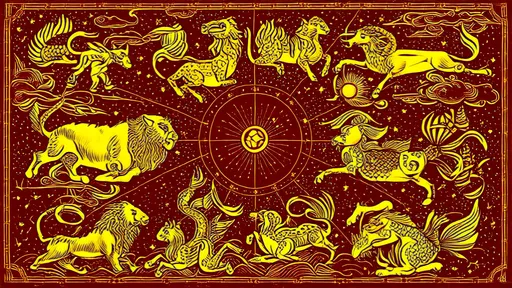
By /Aug 14, 2025

By /Aug 14, 2025
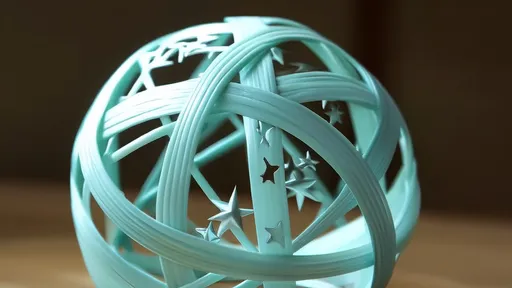
By /Aug 14, 2025
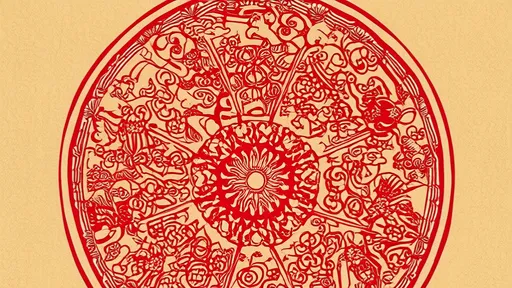
By /Aug 14, 2025
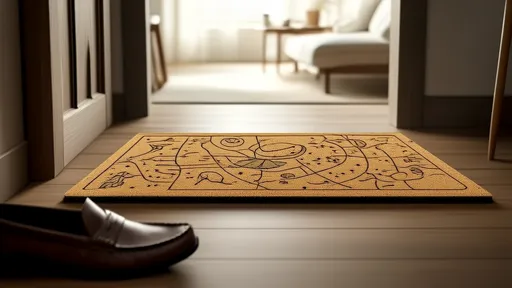
By /Aug 14, 2025

By /Aug 14, 2025
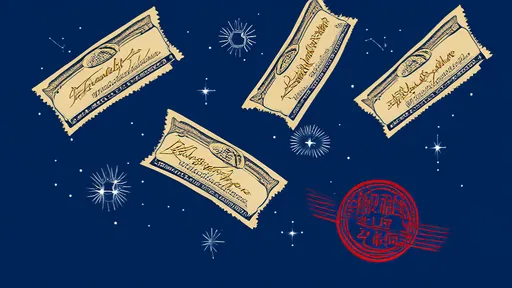
By /Aug 14, 2025

By /Aug 14, 2025

By /Aug 14, 2025
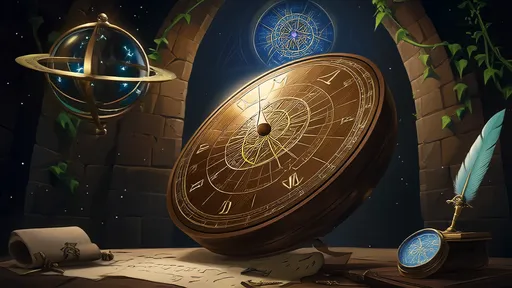
By /Aug 14, 2025
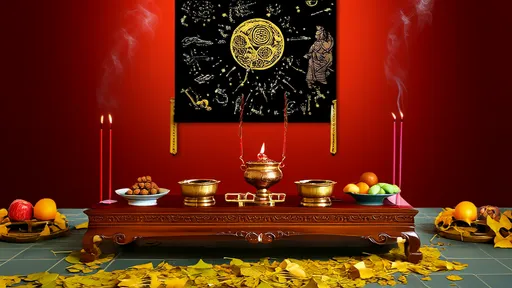
By /Aug 14, 2025

By /Aug 14, 2025

By /Aug 14, 2025

By /Aug 14, 2025
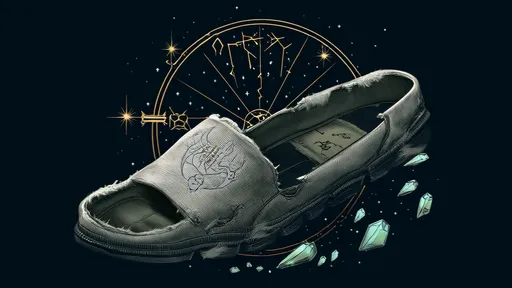
By /Aug 14, 2025
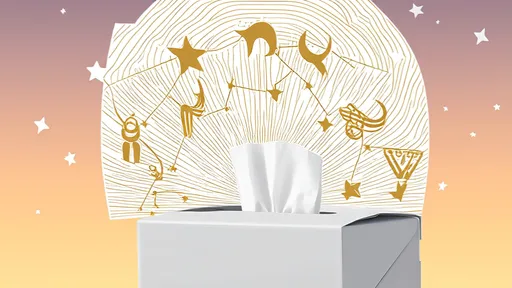
By /Aug 14, 2025

By /Aug 14, 2025
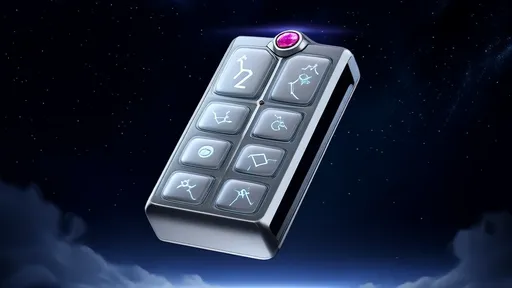
By /Aug 14, 2025
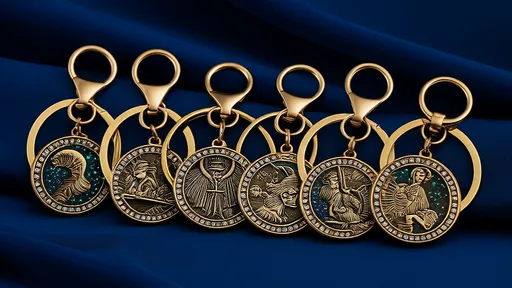
By /Aug 14, 2025